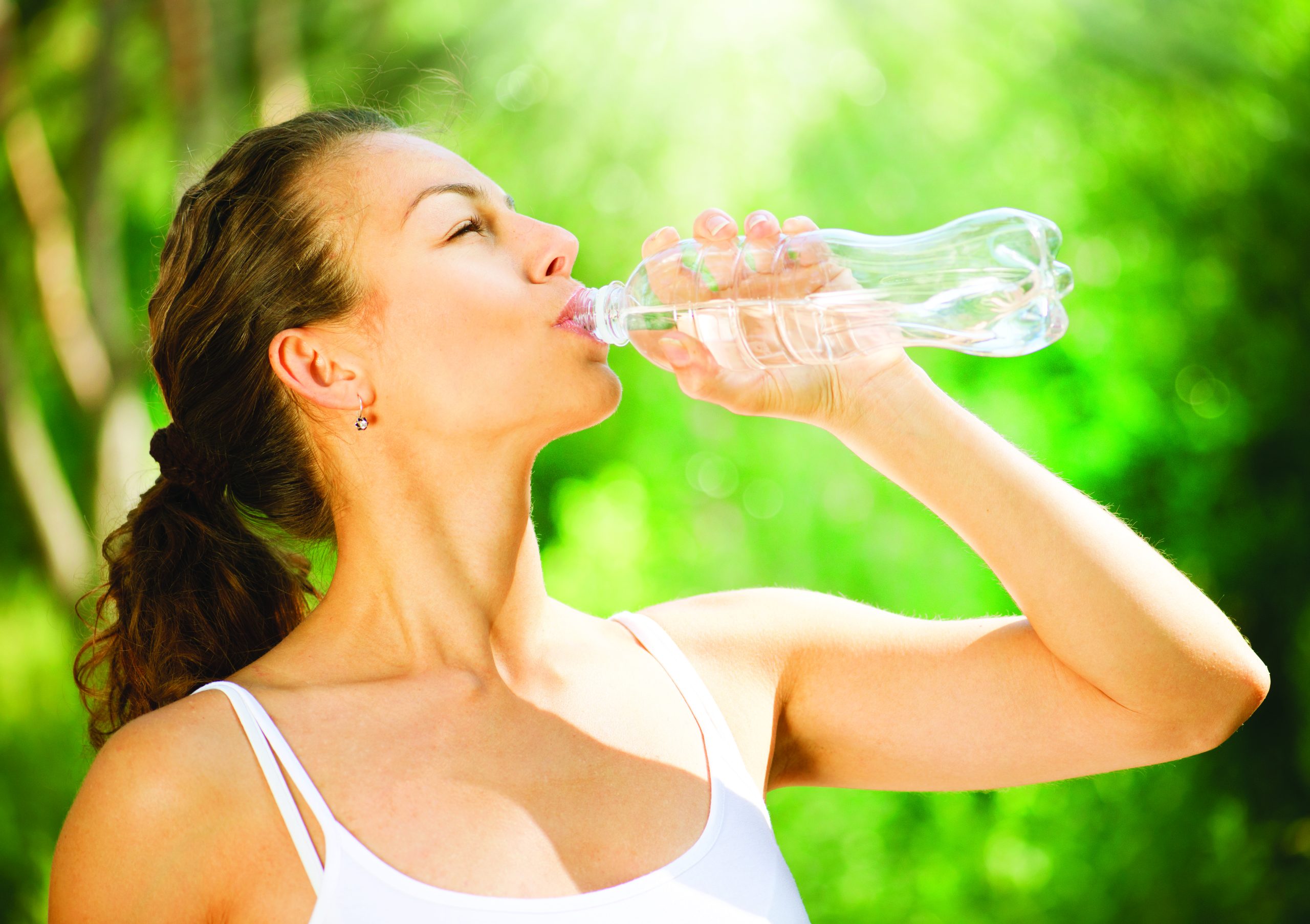
Water is essential to all life. Animals need it, plants need it and… you guessed it… we need it too. But how much water is “enough” and why do I need to keep drinking even when I don’t feel thirsty? Surely my body will tell me when I need to have a drink? Right?? Well… no! Buckle up – let’s get your questions answered.
Without enough water most of your body systems will not function at their optimum level. Dehydration increases blood pressure and causes more strain on your heart. Minor dehydration can also cause fatigue and poor concentration. 50-80% of our body is water and we need water for correct digestion, absorbing nutrients, to help us move by keeping our joints hydrated and to help us regulate our body temperature (Australia, H,. 2021). If you are seeing a practitioner due to back or joint pain… don’t neglect the importance of correct hydration on joint health. Your spine, shoulders, knees etc. all need water to function correctly!! “Even minor dehydration can effect physical and mental performance”
You are at a high risk for health complications if you drink less than 500ml (2 cups) of water per day. There is no exact science to it but, according to Meinders et al., the recommendation for the average adult water intake is: Men: 3 litres per day, Women: 2.2 litres per day.
Another way of calculating daily water intake is “1 litre of water per 22 kg of bodyweight.” If you are pregnant or are a breastfeeding mum you need to drink a lot more; try to have an additional glass of water each time you feed/express milk. People working outdoors, in manual jobs or those who are very active also need to drink more water. Don’t forget that food has water in it too so you can keep this in mind when calculating your water intake.
Thirst is a sign of dehydration but thirst is not always an accurate way of measuring hydration. Absence of thirst or excessive thirst can be a side effect of certain medications or related to an underlying problem such as diabetes (Dwivedi, M,. 2010). In many cases thirst can be misinterpreted as hunger. The “I will drink when I am thirsty” mindset may be setting you up for failure.
Here are some ways to increase your water intake:
- Eat food with high water contents (soups, melons, broccoli, cucumber, lettuce etc.)
- Drink more herbal tea (no caffeine)
- Add lemon or berries to your water
- ‘Camel’ method: if you are busy then drink lots of water in one go rather than having to stop and sip during the day (doing this around meal time could also help reduce appetite)
- Track your water using an app or use a drink bottle with measurements to keep track of your water
Written by Dr C. du Plessis 18/05/2022
References
Australia, H. (2021). Drinking water and your health. Retrieved from: https://www.healthdirect.gov.au/drinking-water-and-your-health
Dwivedi, M., & Pandey, A. R. (2020). Diabetes mellitus and its treatment: an overview. J Adv Pharmacol, 1(1), 48-58.
Meinders, A. J., & Meinders, A. E. (2010). How much water do we really need to drink?. Nederlands tijdschrift voor geneeskunde, 154, A1757-A1757.
